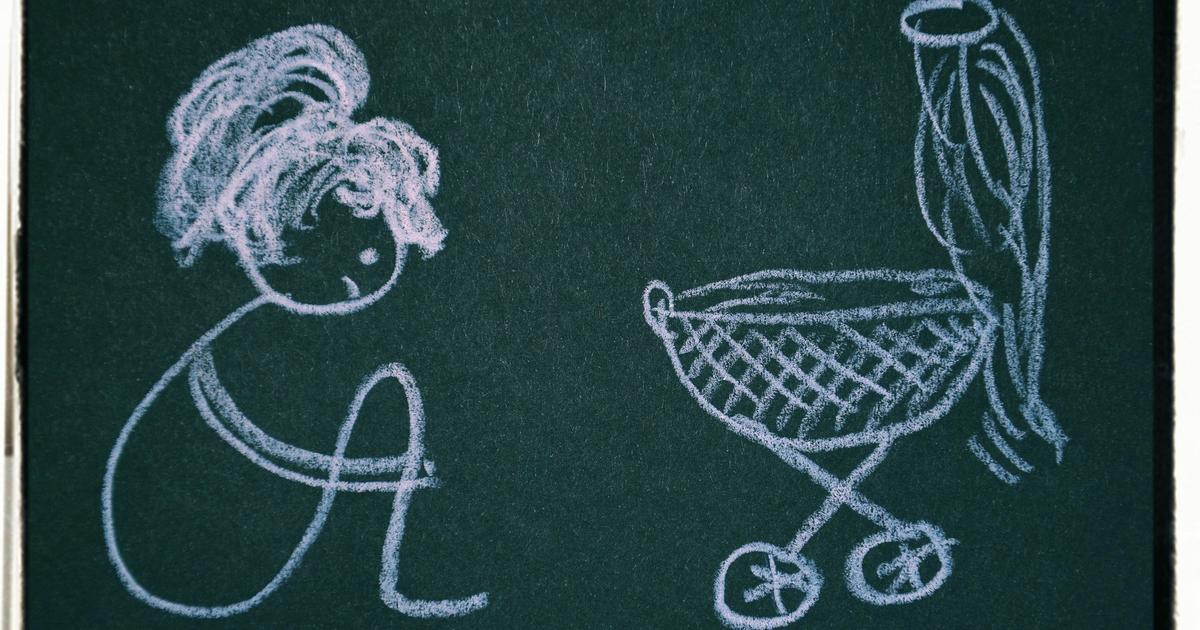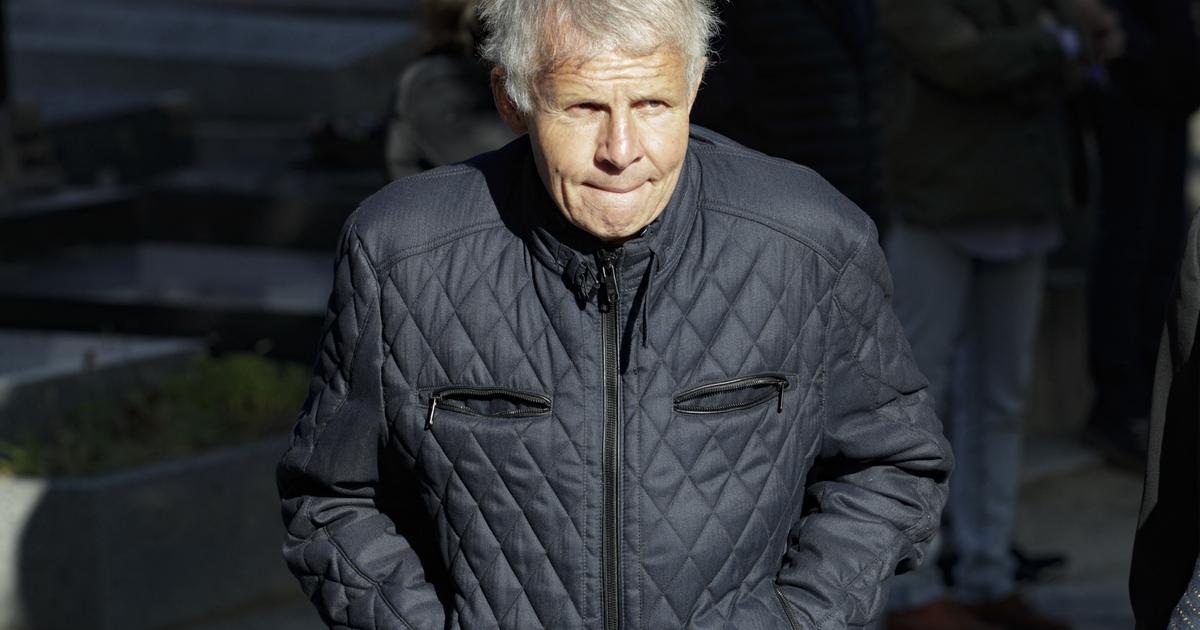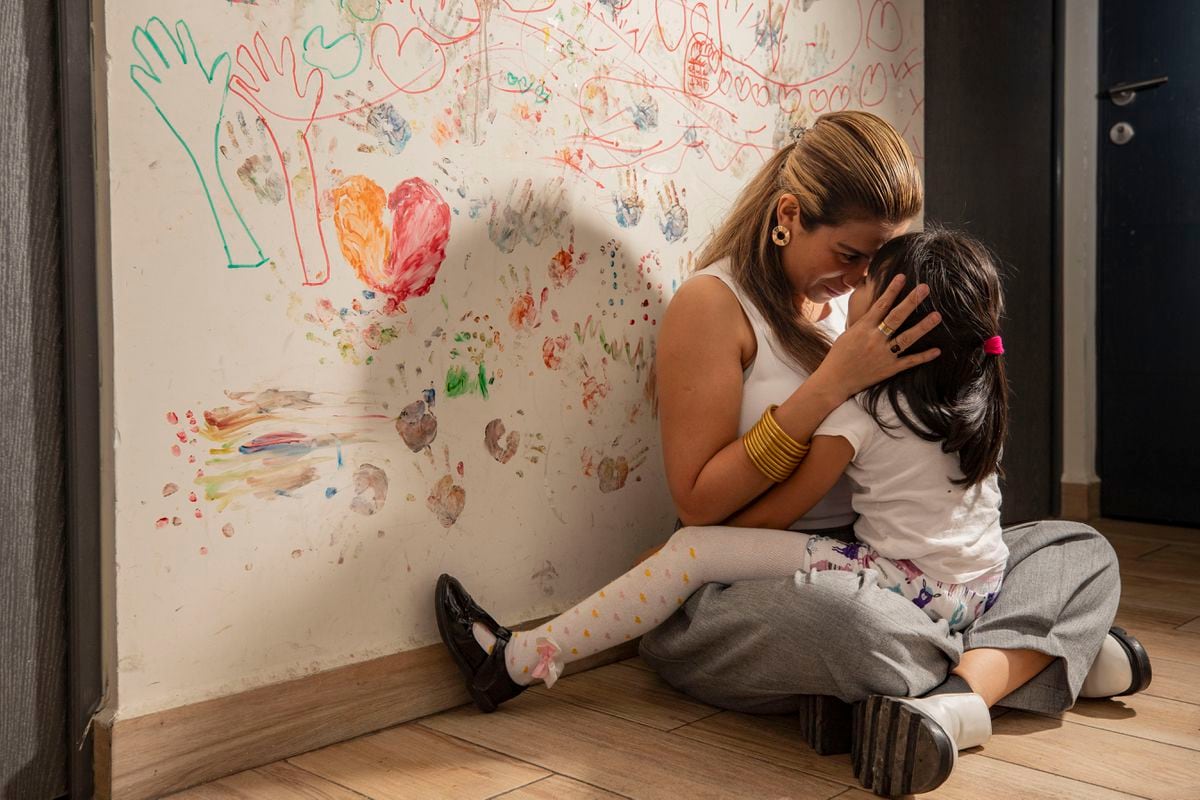“Imagine that you are in full labor and you are between 10 and 12 years old.
Your hip hasn't developed yet, but the baby is ready to come out.
The physical difficulties and the distance from a health center mean that these girls take up to days to give birth”, explains the surgeon Soledad Oliart.
In this type of prolonged labor, with obstruction and without treatment, an obstetric fistula can be suffered, an injury that causes a hole between the birth canal and the bladder or rectum.
“It depends on where the baby gets stuck.
A lesion can occur that connects the rectum to the vagina, although the most frequent is the connection between the vagina and the bladder.
The result is constant urinary or fecal incontinence”, clarifies the expert.
In 2003, 55 countries joined a UN initiative to eradicate fistula by 2030 by increasing prevention, treatment and social reintegration, because they consider it "an indication of extreme gender inequality and poverty" and a “essential” point for the achievement of the Sustainable Development Goals (SDG).
But currently close to half a million women in sub-Saharan Africa, Asia, the Middle East, Latin America and the Caribbean suffer from this problem, which is easily preventable and is practically no longer seen in industrialized countries.
“Obstetric fistula occurs disproportionately among vulnerable, impoverished and often illiterate girls and women.
It can be prevented when women and girls have access to comprehensive, high-quality sexual and reproductive health services.
For this reason, for Oliart this injury is "Africa's wound": "In the operating room, we find ourselves with girls who have become mothers at the age of 10 or 12 and who have very difficult stories of survival: they have been forced to marry or have been raped, they become pregnant and do not have any medical control.
Here, in Spain, if this happened, we would have a gynecologist doing an ultrasound continuously and a cesarean section would be scheduled to avoid having an obstructed labor”, laments this doctor, in an interview with this newspaper.
Although obstetric fistula is the most common, fistulas can also occur due to sexual abuse.
Oliart recalls a patient whose case marked him in particular: “Patience, one of the most beautiful girls I have ever seen in her life, was tried to rape her uncle when she was 15 years old.
She resisted and he, as revenge for her, impaled her.
She was terrible, she had had her rectum, vagina and bladder attached for three years and we had to do a total reconstruction ”, she explains.
Madrid-based surgeon Soledad Oliart operates on a woman with obstetric fistula at St. Joseph Catholic Hospital in Monrovia, Liberia. On loan from Soledad Oliart
Beyond the physical sequelae, this injury also has a serious social impact.
Rejection, isolation and the presence of discomfort that can last for years —until it is identified and treated by a surgeon— undermines the emotional health of these women.
“The bladder, thanks to the sphincter, can control the output of urine, but the vagina does not and the problem is that, with the fistula, both organs have a connection, which produces constant dripping.
The result is a terrible smell, which turns them into the great plague victims, isolated and rejected by their own environment”, describes the woman from Madrid.
reconstruction surgeries
However, Oliart highlights progress and a greater interest in alleviating this problem, as is the case at the Hamlim Hospital in Addis Ababa, in Ethiopia, where African gynecologists are trained in the treatment of obstetric and gynecological fistula.
Or in Nigeria, where reconstruction surgeries are performed after genital mutilation.
“In these places, especially in the areas furthest away from the city, the midwives do not have the knowledge to treat this lesion”, she laments.
For this reason, she highlights the importance of training new professionals from a more comprehensive perspective.
“These girls have experienced terrible violence, many of them with some type of genital mutilation.
At least they need doctors to provide them with support, create situations of trust and give them hope, ”she claims.
Oliart, 58, began to deal with this problem in 2016, when he traveled to Africa as an aid worker.
First to Liberia, then to Madagascar and finally to Mozambique, where he will travel again in April on his seventh mission to the African continent.
"Since I was very little, my life goal is to help from what I know how to do," she emphasizes.
The Madrid surgeon Soledad Oliart with two obstetric fistula patients at St. Joseph Catholic Hospital in Monrovia, Liberia. On loan from Soledad Oliart
According to Oliart, this desire began at the age of 11, when her parents sent her to an international peace camp in Monrovia.
“I learned to live with children from different countries and I realized that I wanted to go back to Africa.
In addition, my father tells me that since they sent me to that camp I have not been able to stop ”, she recalls, smiling.
The doctor defines herself as a Social Security worker who has a deep love for Africa.
On each trip she confesses to feeling powerless in the face of the magnitude of emergencies and admits that certain stories continue to "take away sleep."
“Every time I operated on one of those girls, I would see my daughter's pelvis,” she explains.
Above all, her work as an aid worker has taught her to identify priorities: "In Spain we complain because we have to wait for a consultation, while there are girls who are abandoned because of the smell they give off and are socially rejected in countries where women are only valued for her ability to have children.”
You can follow PLANETA FUTURO on
,
and
, and subscribe
here
to our 'newsletter'
.







/cloudfront-eu-central-1.images.arcpublishing.com/prisa/L64PMGMKXNDP5EHGZTYIAK3UTU.jpg)

